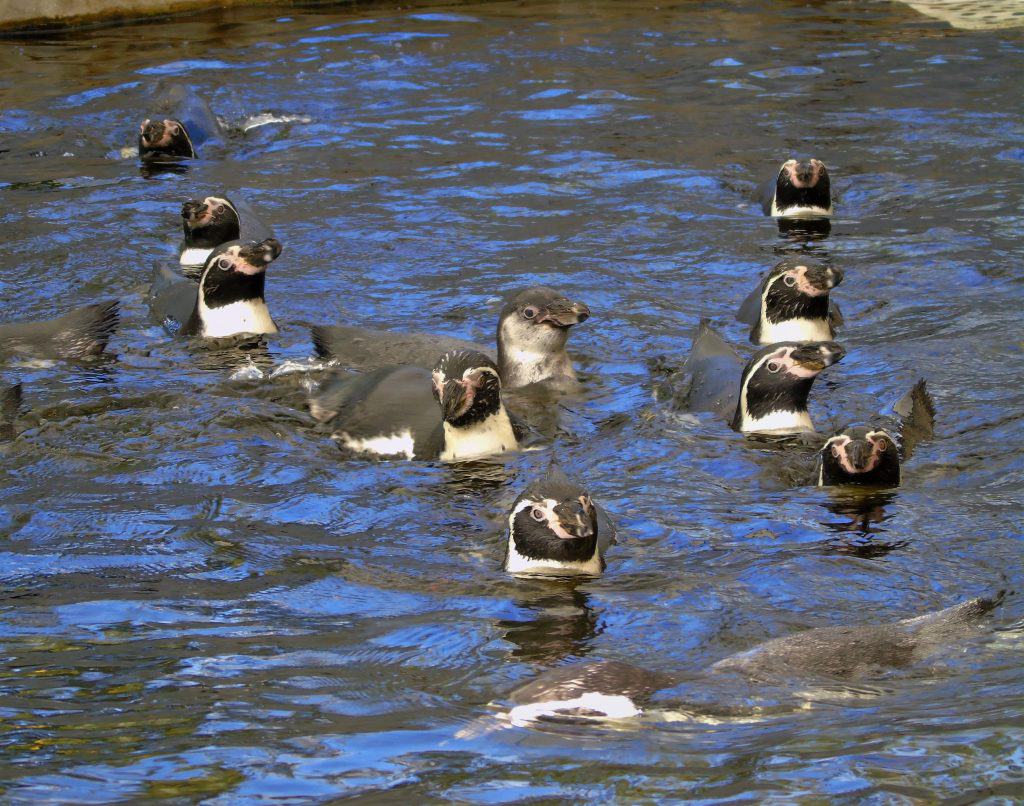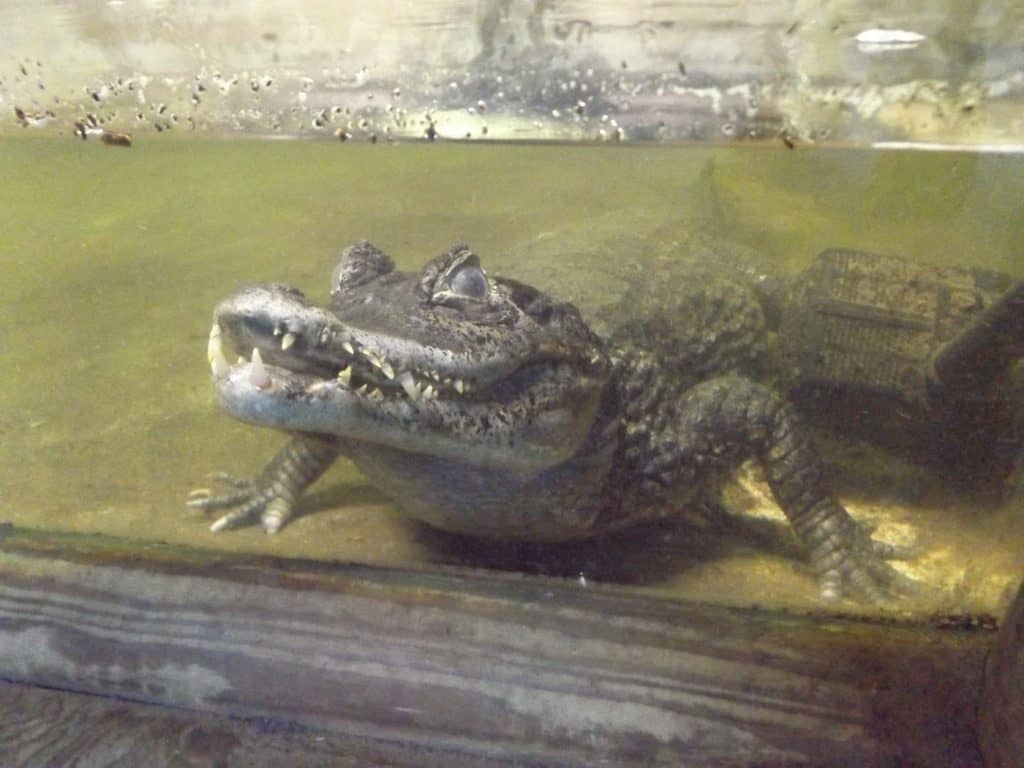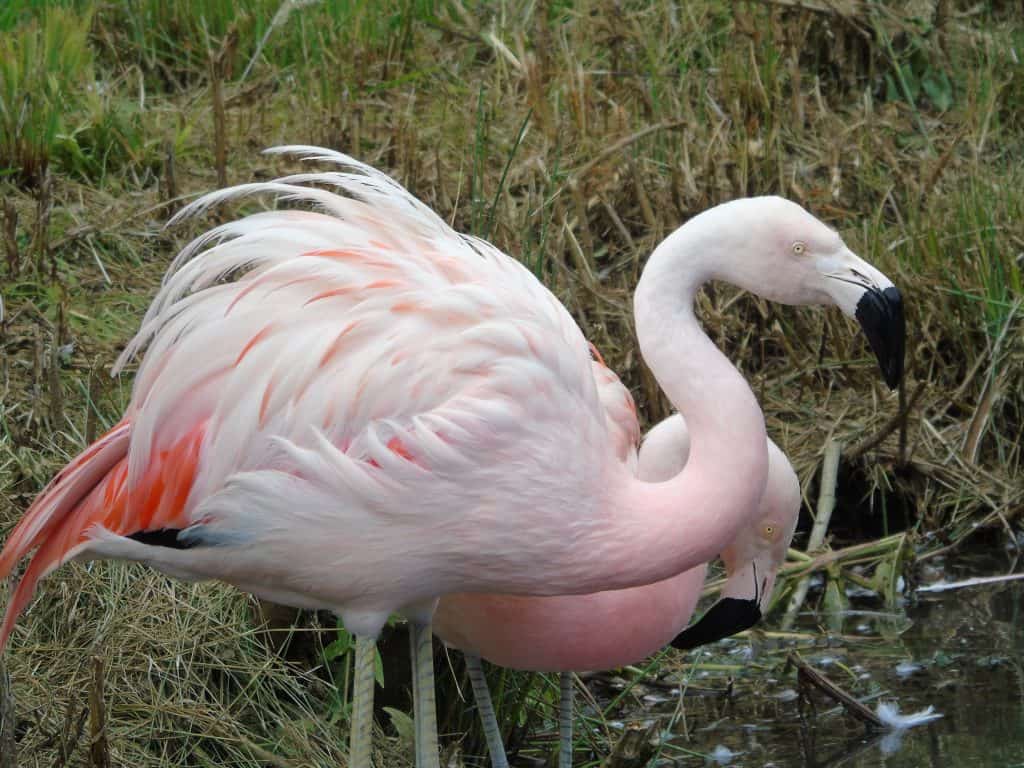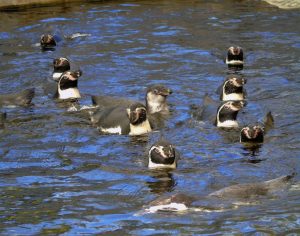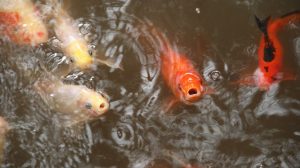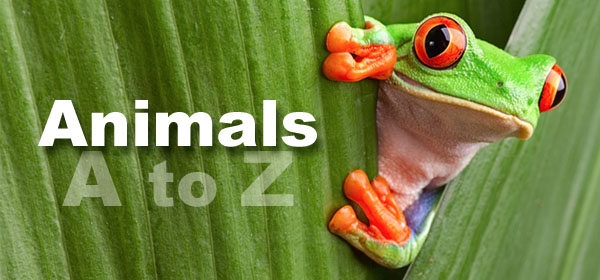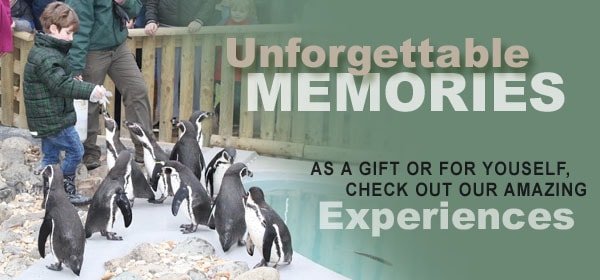Learn about aquatic animals at this top Kent education provider
Discover a wide variety of aquatic animals from around the world at our park. Our collection includes species belonging to mammal, reptile, bird, fish, amphibian and invertebrate classifications.
Science
Food Chain
- Children can witness and discuss the different foods our animals eat to help them understand that animals get their nutrition from their food and that different animals require different amounts and types of nutrition. Understanding that this is only possible if the seas, rivers, lakes and ponds are healthy.
- By watching our animals’ students will be able to describe how animals obtain their food from plants and other animals and identify differences in their diets and adaptations for this purpose.
Physiology
- Children can study our animals in person and listen to talks to better understand how animals are physically adapted to an aquatic lifestyle. Our otters are great example of this with a special coat, small ears that they can close under water, webbed feet, thick tail for propelling and steering themselves underwater and sensitive whiskers.
- By looking at our animals they will be able to see that living things live in habitats to which they are suited. They will also be able to draw comparisons between aquatic animals, noticing that each species is unique despite sharing similar characteristics and adaptations.
Basic Needs
- Children can find out about and understand the basic needs of animals for survival by seeing them first-hand at our park.
Geography
Biomes
- By looking at our enclosures and artifacts in our museum students can describe and understand key aspects of aquatic biomes including coral reef, freshwater and wetland.
- There is information available around the park about biomes which have come back from the brink to show that humans can also have a positive impact on the natural world.
Water worldwide
- Use maps available on many of the enclosures to explore where our aquatic species exist in the world. We are home to aquatic animals from around the world including those from South America, Asia and Africa.
- Identify countries and continents on maps around our park to gain knowledge about different habitats and use this to understand how animals adapt to their surroundings.
Identify which habitats species live in by investigating our enclosures and the animals’ adaptations first-hand.
English
Speech and vocabulary
- Develop wider skills in spoken language by discussing the animals’ behaviours, diets, activities, shelters, threats etc. Pupils can also talk about the features of the immediate environment and compare to others around the park to understand how one environment may differ from another.
- Use past, present and future forms accurately when talking about events that have happened or are to happen in the future by discussing sea levels and the implications of the challenges both aquatic and non-aquatic animals face from this giving their predictions for their future.
- Use signs and phonic knowledge to spell animal names and hear initial sounds.
Statutory key stage 1 & 2 words
- Read key stage 1 and key stage 2 words from the statutory word lists on display in the Dinosaur Zoo and Bug Garden with a short explanation of their meaning. The reading word is used in the example given to develop children’s understanding of the word itself and ability to correctly spell/read it.
PD (H&SC)
Human responsibility
- Develop an understanding that humans have a responsibility to care about our impact on the natural world.
Teaching outcomes lead to being able to…
- Understanding that in a healthy habitat all living things depend on each other
- Identify a variety of common animals including fish, amphibians, reptiles, birds and mammals
- Describe key aspects of an aquatic biome
- Improve knowledge of aquatic adaptations and how these differ between species
- Understand some of the threats that face aquatic species today and how we can help.
How to best use our zoo and other exhibits during a school visit:
This self-guided tour is one of a series of itineraries we have prepared for schools. The Aquatic Animals adaptation highlights the following exhibits and species.
- Ethnography and Natural History Museum
- Smooth coated otters
- Flamingos and Pelicans
- Reptile House
- Tropical House
- Bug House
- Penguins
- Lake
- Jaguars
- Dinosaur Zoo
For this self-guided tour we recommend starting at our Ethnography and Natural History Museum. Here you will find a number of interesting items that have been donated to the park which can provide a good base for learning about some of the threats that aquatic species face. Items of interest include a large number of corals and conch shells, sea turtles, dried sea horses, turtle shell rattles as well as the fossils of extinct marine animals such as the mosasaur. Children can also touch an alligator skin to see just how tough it is and draw conclusions on why that might be.
From here it is easy to reach our Smooth Coated Otters. These little characters spend most of their time in the water so you can really see their adaptations in action but to learn more also check out our otter talk. The flamingos and pelicans are just next door and offer a great opportunity to compare and contrast the otters adaptations to the flamingos long legs and pelicans gular.
Next, head to our Reptile House to see our crocodiles and turtles followed by a trip to our Tropical House to see the fish. Then direct yourselves towards our Bug Gardens. Here you will find the crayfish hatchery and be able to learn all about these endangered aquatic creatures and the conservation project we are involved in with them.
If you head to our penguin pool next you will be able to learn all about these loveable birds, seeing how well adapted they are to the water especially when compared to how clumsy they can be on land. With the lake just opposite this is a good opportunity to see more fish, turtles and water-loving birds such as storks, swan, geese and ducks.
By following the lake around you will reach our jaguars which in the wild will often hunt in the water. Finally, make your way to our Dinosaur Zoo to learn more about extinction and prehistoric aquatic animals such as Spinosaurus.
Our free daily talks also present the opportunity for you and the students to ask our keepers any questions.
• Smooth Coated Otter talk 12.00
• Penguin talk and feed 1.00 & 3.00
To help children to learn more about this subject we also recommend pairing this itinerary with one of the following education talks,
- Living in, under and around water
- Nature on your doorstep
Some interesting facts and learning points:
- Jaguars are one of the few cats that like the water and can even hunt aquatically preying on caiman.
- Spinosaurus spent a lot of time in the water and fed mostly on fish, possibly including sharks and giant coelacanths.
- Humboldt penguins, like many aquatic species, face a variety of threats in the wild including overfishing (removing their food sources), oil pollution and plastic pollution.
- Cuban crocodiles are one of the few crocodiles that are able to jump as high as about 3 feet while on the land.
- Otters don’t have good eyesight underwater and so have adapted their whiskers to help them hunt while in the water. Their whiskers can detect changes in the waters current as well as the presence of prey and predators.
What schools think of an educational day out in Kent with Wingham Wildlife Park
After every school visit we ask a teacher from the group to fill in a short email form about their day with us. We are always looking to improve the experience for the kids as well as the teachers and helpers, so please do take the time to fill one of these in if you decide to join us for a day with your class. Here is what some of our past teachers have said about a school visit to Wingham Wildlife Park!
Find out more & book
To find out more about booking one of our educational visits please check out our website, give us a call or simply fill in the form below:
